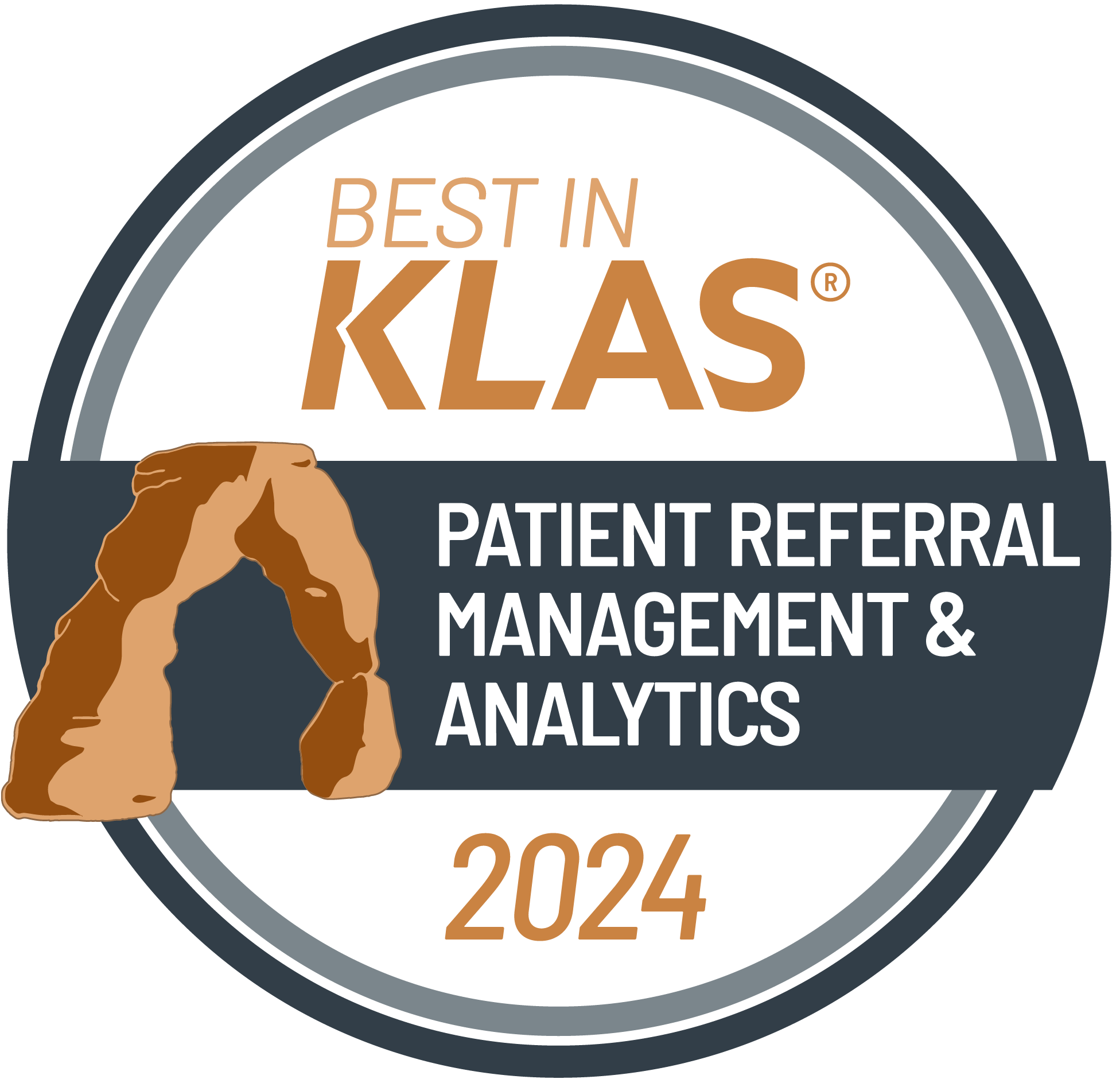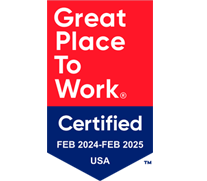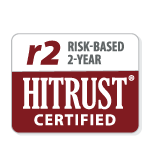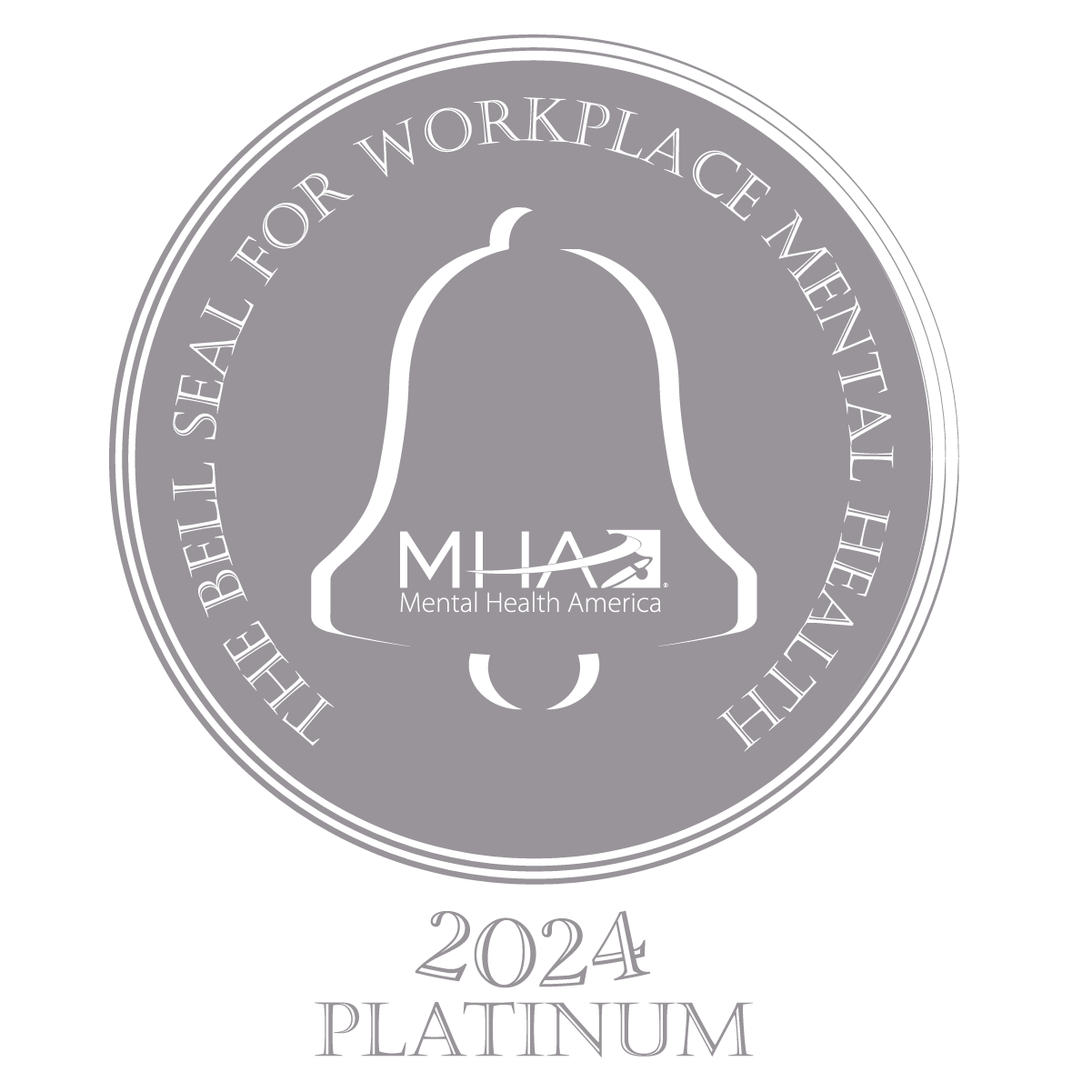I am on my way back to Jacksonville, Florida from HiMSS18 in Las Vegas. Healthcare Information and Management Systems Society (HiMSS) is dedicated to all things healthcare information technology (HIT) and boasted over 45,000 attendees at the Sands Expo. This is the 5th year I’ve attended this conference. Each year it helps ensure that I am staying on top of the latest and greatest in the health tech industry and identifying trends that may impact post-acute care.
There were 3 main areas that I found most interesting this year and that I think will have a big opportunity to influence post-acute healthcare for the better in the not so distant future: Artificial Intelligence, Innovation, and Standards of Communication.
Artificial Intelligence
Artificial Intelligence (AI) is the new predictive analytics on steroids. AI is hot, with hundreds of start-ups emerging in the space and larger software companies, like IBM Watson Health making a play to dominate healthcare AI.
For many of these AI players, post-acute claims and clinical data are very valuable as most of the companies are trying to analyze trends and patterns to provide recommendations on the best care setting and services. In the not so distant future, we will use AI to predict issues before they happen which will drive down readmission rates. Many post-acute technology companies are sitting on a mound of potentially valuable data but have no idea how to organize and monetize it.
If you are one of these companies, I recommend researching and engaging consulting services from one of the experienced AI companies in acute care to help you on down this path.
Innovation
Every HiMSS I attend the VentureConnect day.
This year the event was co-hosted by Health 2.0, which was recently acquired by HIMSS. Matthew Holt and Indu Subaiya, co-founders of Health 2.0 raised the bar in terms of content delivery and overall engagement during this day-long session. The room was filled with the investment banking community, investors, accelerators, and entrepreneurs.
There was a reported $6 billion of investment dollars placed in 2017 direct to healthcare IT startups and also utilized as growth vehicles for early- and late-stage companies - a substantial increase from 2016.
There was a Series A investor pitch competition, similar to Shark Tank, during the day that included a handful of pre-selected HIT startups. Medcrypt, a tech security company won the pitch competition. The company provides cybersecurity solutions for medical devices to prevent potential hacks on pacemakers and other devices that are now accessed via Bluetooth and WiFi connectivity.
The majority of the participating entrepreneurs were clearly focused on implementing technology tools that do more with less, cut wasteful spending, and provide better patient outcomes. It will be interesting to see the startups that blossom in 2018 and the positive impact on post-acute care settings across the care continuum.
Standards Of Communication
Interoperability across electronic health records (EHRs) is incredibly complex based on the massive amount of custom and client/server EHR installations across the country. Most EHR data configuration is customized making cross-system standardized data sharing nearly impossible.
However, there are several software companies in acute care that have proprietary API frameworks to allow ease of data flow between systems which gives me hope that data sharing is on our near horizon.
One of these companies, Redox, presented at HiMSS VentureConnect in 2016 and since has secured 2 successful rounds of funding. This company is gaining serious traction and has a real shot to drive the industry towards seamless data exchange.
I attended a demo of CommonWell within the HiMSS Interoperability Showcase. 7 EHR companies participated and demonstrated accessing and posting updates to a patient’s medical record. Most of the key EHRs are participating in CommonWell with the exception of Epic. If all EHR companies jump on board, subscribe and adopt CommonWell, the industry will have a centralized patient medical record to be shared across infinite systems.
Overall, the industry is primed for major disruption. I feel interoperability, communication standardization, and AI will directly impact post-acute healthcare and how we all conduct business across the continuum of care in the coming months and years. It’s an exciting time to be a part of this industry. I look forward to a highly innovative 2018 and attending #HiMSS19 back in our neck of the woods - Orlando - this time next year.
Cheers,
Craig
Craig Mandeville is an innovative executive and serial entrepreneur with over 18 years of sales, operations, and product management experience for several successful start-ups and Fortune 500 companies. He currently serves as the Founder and CEO of Forcura and is known as a healthcare industry innovator. Connect with Craig on LinkedIn.










